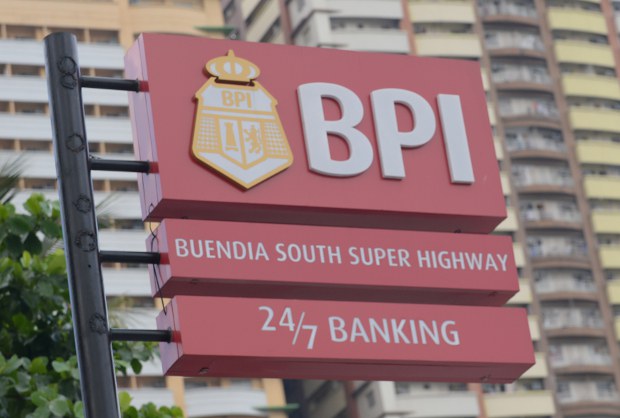Philippine Bank Freezes Transactions, Reports Glitch Through Unauthorized Withdrawals and Deposits
2017.06.07
Manila
 A logo of Bank of the Philippine Islands is seen in Manila, June 7, 2017.
A logo of Bank of the Philippine Islands is seen in Manila, June 7, 2017.
The fourth biggest bank in the Philippines was forced to freeze transactions Wednesday after massive unauthorized withdrawals and deposits that were blamed on an “internal data processing error” appeared on thousands of private accounts.
Customers of the Bank of the Philippine Islands (BPI) were unable to access their accounts online, and the few who did were surprised to see that thousands of pesos were either missing or had been added to their accounts.
The massive glitch raised fears of data hacking, just a year after U.S. $81 million was stolen from the central bank of Bangladesh and transferred mysteriously to a Philippine bank and several casinos here.
“Due to an internal data processing error, some clients may have seen their accounts debited twice or credited twice for a past transaction,” the bank said in a statement issued late Wednesday afternoon, explaining that the errors were being corrected. “We apologize for the inconvenience that this may have caused.”
It said company data experts were fixing the glitch, and that the problem would be resolved within the day. Banking hours were also extended to early evening.
Transactions were suspended even as bank branches remained open late Wednesday afternoon.
“We wish to assure all clients that the integrity of their transactions and account balances will be maintained,” the bank said.
Thousands of customers, claiming they were affected by the glitch, flooded the bank’s social media accounts.
One woman, Jamie Villa-Real, said on BPI’s Facebook page: “What now? Still have no access to my accounts. I availed of 4 of your services and to this minute, I still have not seen any of my accounts.”
Another depositor, Charlie Polinar, said he had not managed to access his account despite repeated attempts. “I worked hard for my savings the past five years, that’s 75 thousand pesos missing. That’s my education fund, if that goes missing you will pay for that,” he said.
BPI emphasized that it had determined that the glitch was not caused by a hacking incident, and Nestor Espenilla, the new Central Bank governor, said regulators believed the explanation.
“I think it’s important that BPI resolves it as quickly as possible. We take their assurance that this is not a hack and no money will be lost,” he said.
“BPI already issued a statement explaining the situation and promising to fix it today. We'll investigate as soon as the dust settles and the customers are made whole,” Espenilla said.
The bank, operated by one of the Philippines’ richest families, is the country's fourth biggest bank with about 1.7 trillion pesos (U.S. $34.3 billion) in cash and assets at the end of 2016, according to its latest report. It is owned by Ayala Corp., one of the country’s leading conglomerates.







